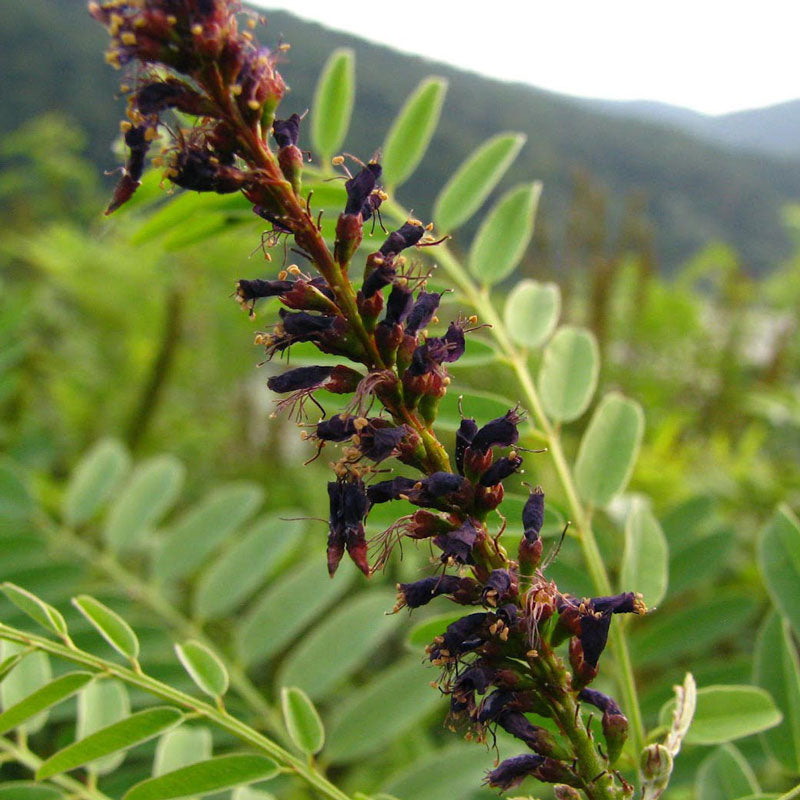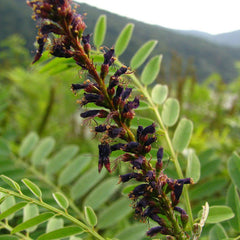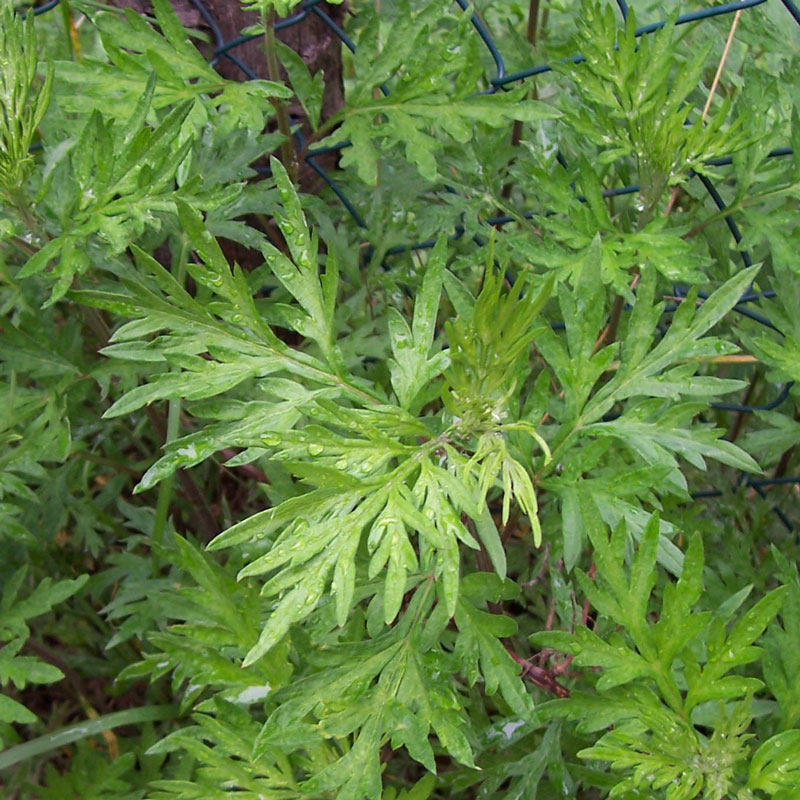

Licorice Root (Glycyrrhiza glabra)
- $14.00 CAD
- $14.00 CAD
- Unit price
- per
50g, 100g, 250g
Couldn't load pickup availability
Parts used: Root
Properties
Alterative, antibacterial, anti-catarrhal, anti-inflammatory, antiviral, cholagogue, demulcent, estrogenic, expectorant, purgative (gentle), sialagogue
Primary nutrients
Biotin, chromium, iodine, lecithin, manganese, niacin, pantothenic acid, phosphorus, vitamins E and B-complex, zinc
Licorice is thought to work as a stimulant on the adrenal glands and as a natural source of a hormone similar to cortisone. Licorice is thought to help with the production of cortin hormone, which helps when coping with stress. Licorice helps stimulate interferon in the body. Interferon is essential for protecting the immune system. Licorice is thought to help the body in preventing and healing disease. It is also used by some to help increase energy. Licorice is used for lung, throat and chest complaints. It has the ability to loosen phlegm in the respiratory tract and help the body expel mucus. It has a reputation for being effective in relieving coughs. It is often used to treat female problems with the reproductive system, such as menopause and menstrual cramps. It may stimulate menstruation in females not experiencing normal ovulation.
Licorice may also help in healing gastric and duodenal ulcers. Licorice helps stimulate the defenses that prevent ulcers from forming. It seems to stimulate the increase of cells that protect the lining of the gastrointestinal system. It is also used to help heal inflammations of the intestinal tract. There are some precautions when taking licorice: It may increase blood pressure in some and cause water retention.
Primary Applications
Addison’s disease
Adrenal problems
Blood impurities
Colds
Coughs
Diabetes
Drugs, withdrawal
Ear infections
Energy, lack of
Fatigue
Hoarseness
Hyperglycemia
Hypoglycemia
Lung disorders
Sex drive, inhibited
Throat, sore
Vitality, lack of
Secondary Applications
Abscesses
Age spots
Allergies
Arteriosclerosis
Arthritis
Asthma
Bronchitis
Circulation, poor
Constipation
Cushing’s disease
Dizziness
Edema
Emphysema
Endurance, lack of
Fevers
Flu
Heart problems
Impotence
Liver disorders
Menopausal symptoms
Phlegm
Ulcers
50g, 100g, 250g
RELATED PRODUCTS
- Choosing a selection results in a full page refresh.



